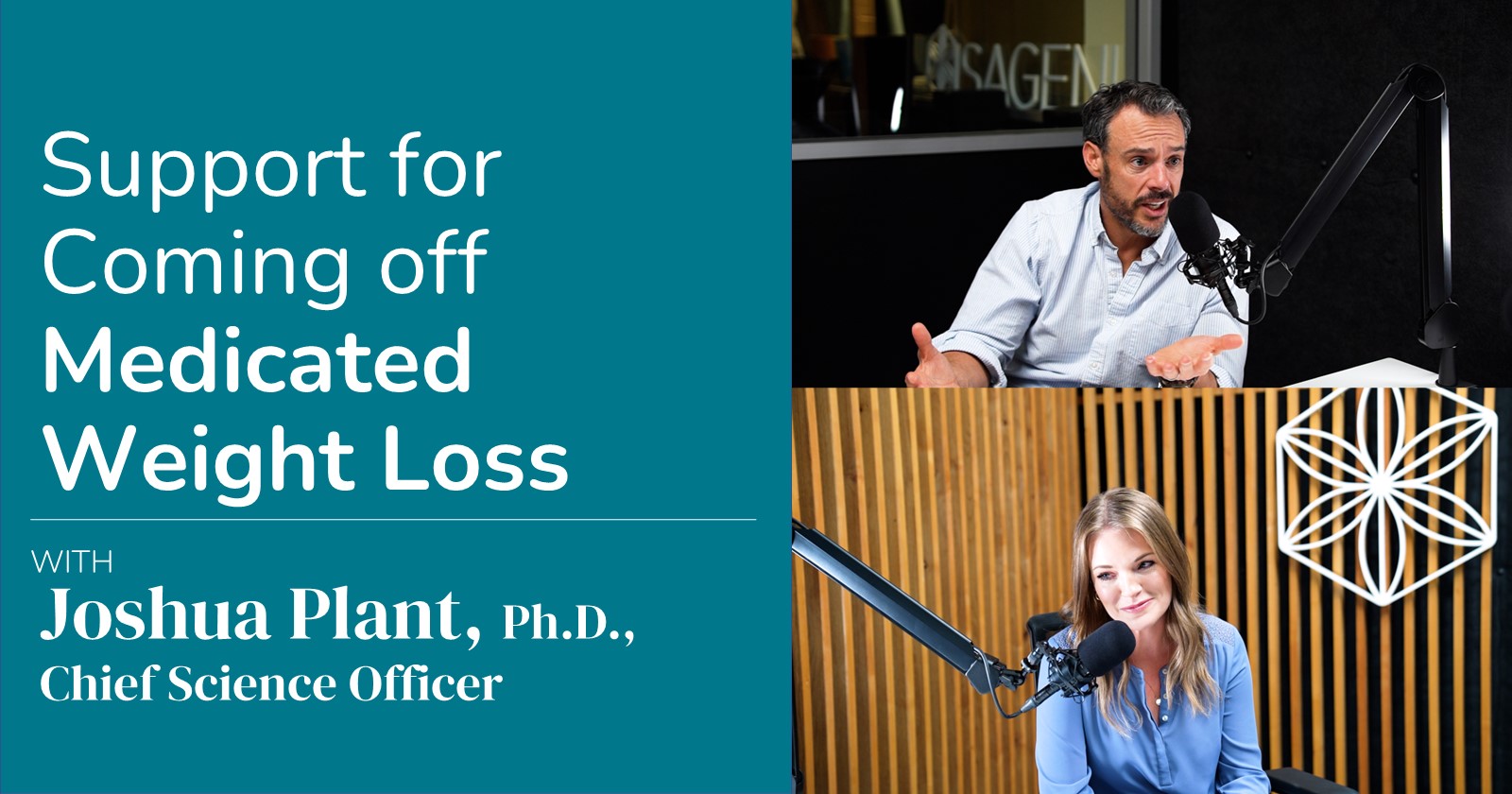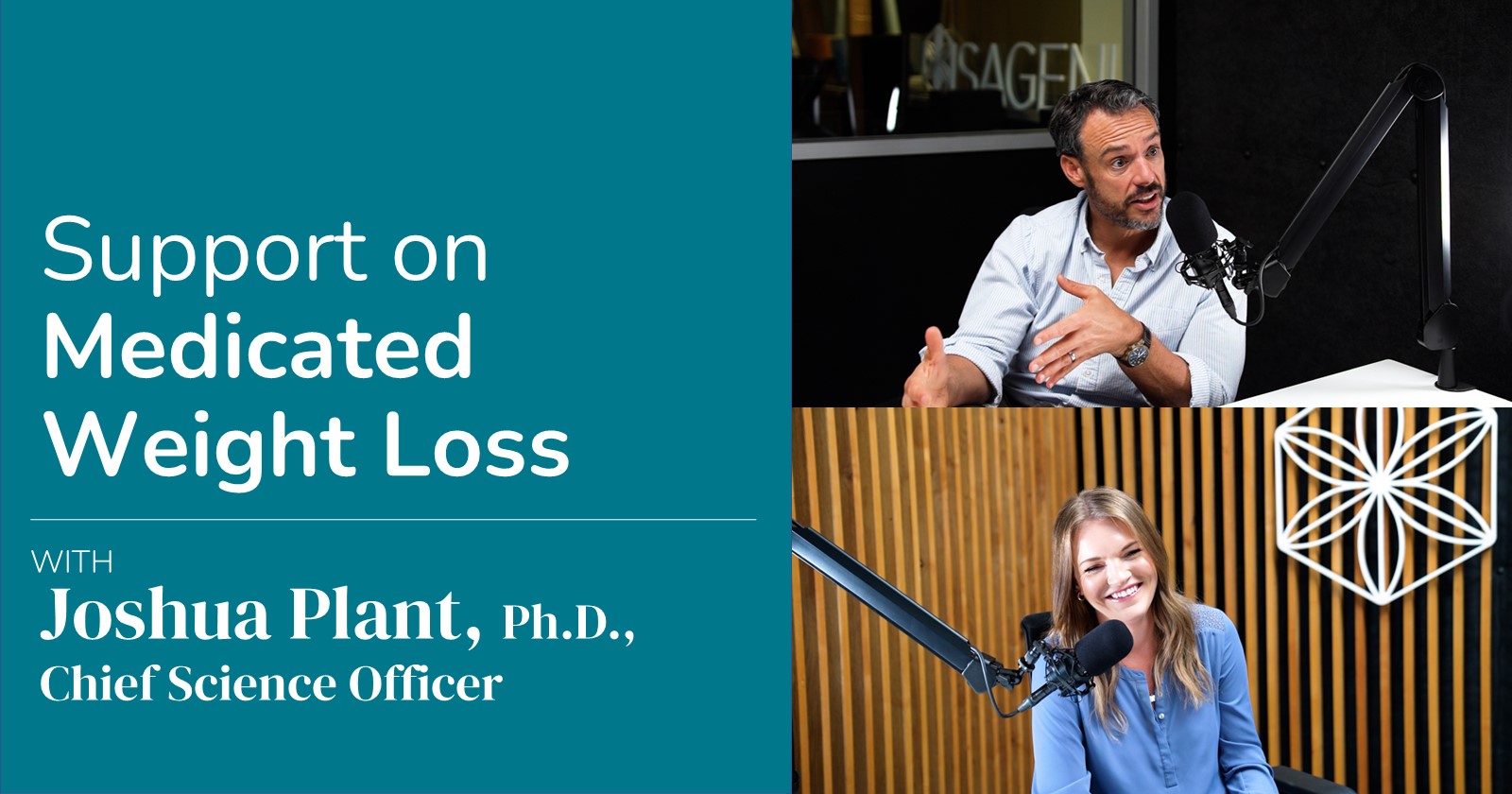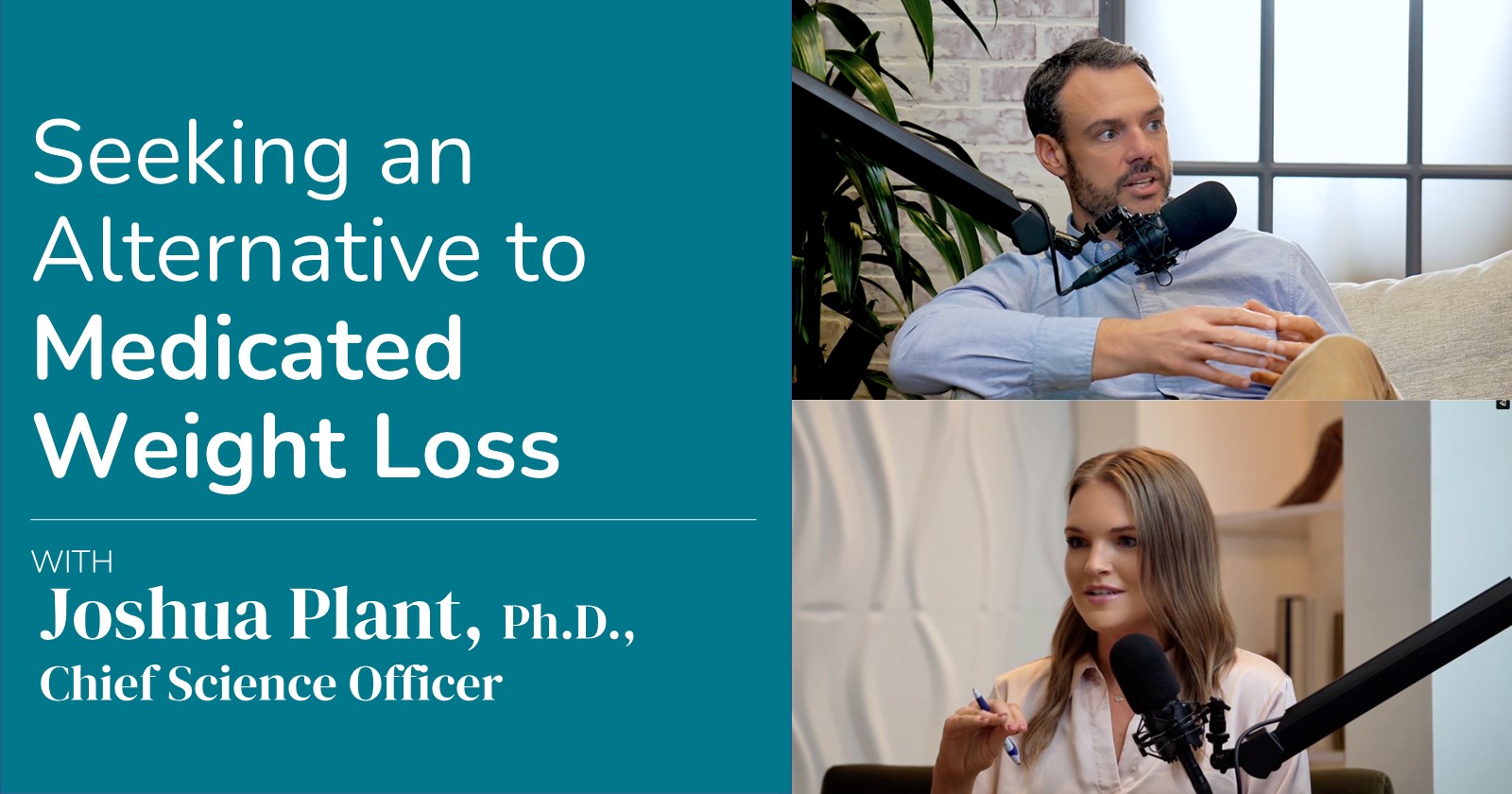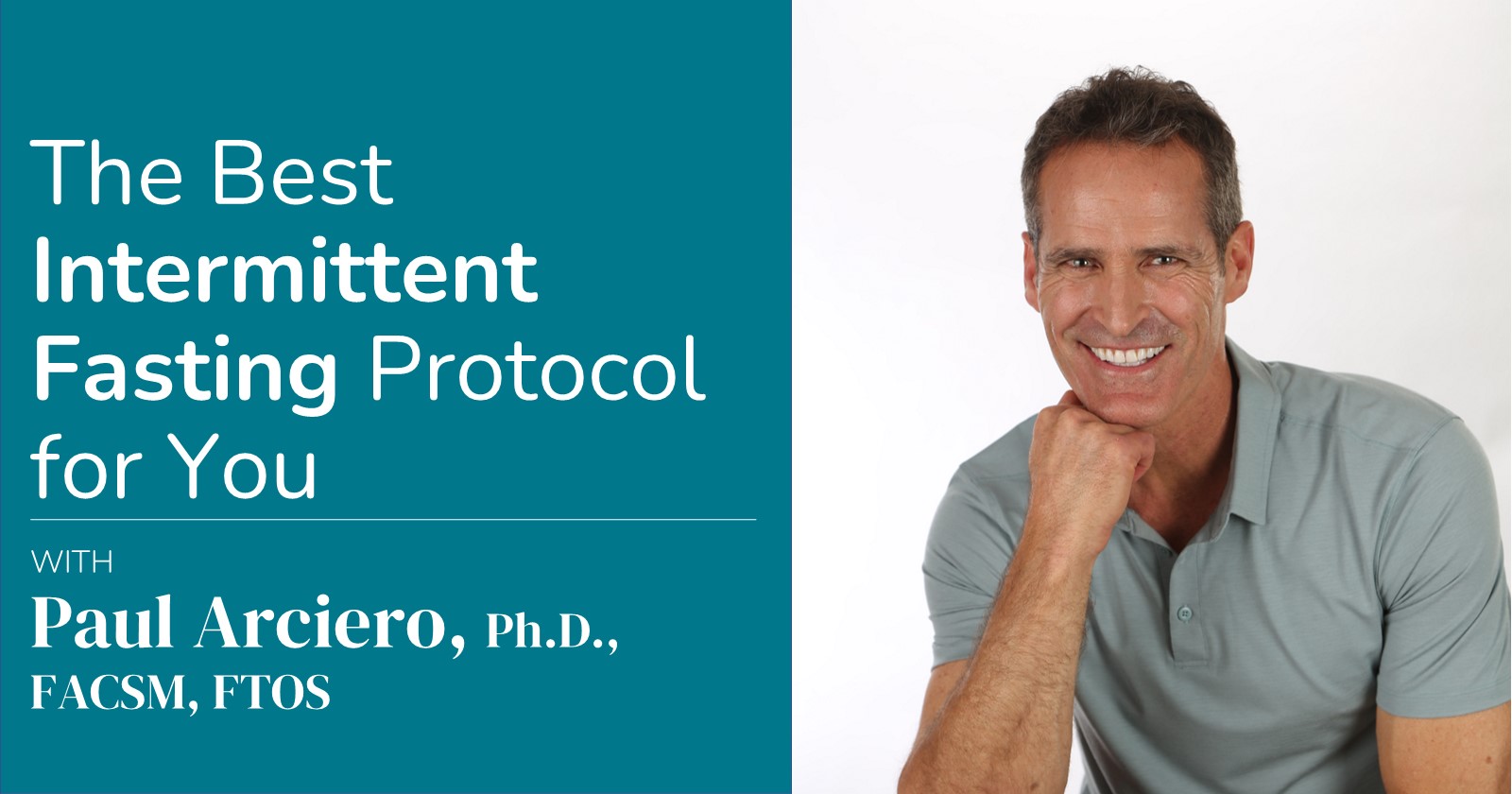False! Despite whether you’re incorporating Cleanse Days or not into your program, you can always benefit from exercise. While Cleanse Days add a powerful tool to the Isagenix system, exercise offers its own unique benefits that support healthy weight management.
Cleanse Days with Isagenix offer a fasting period where minimal energy is consumed, so some would argue this might be detrimental to exercise and recovery. However, a recent study from researchers at University of Missouri investigating the effects of fasting on exercise-induced muscle damage concluded just the opposite (1). So as long as you’re not overdoing it (let’s not try running any marathons), new research suggests that some exercise shouldn’t be a problem.
The study included a total of 29 young women who participated in a six-session exercise protocol where they were divided into a fed and fasted group. The fasting group completed an exercise session in the afternoon after a daily water-only fast. All participants performed three sets of 12 maximal muscle contractions to cause temporary muscle damage. Indicators of muscle damage were collected before and after exercise sessions for five days of fasting after their exercise. The researchers found that fasting had no effect on exercise-induced muscle damage or muscle recovery.
Another study investigated the combination of fasting and exercise on body weight, body composition, and cardiovascular risk factors in sedentary obese adults (2). This study divided subjects into four groups for 12 weeks: a combination group (fasting plus exercise), a fasting-only group, and an exercise-only group. The study concluded that fasting plus exercise produced superior changes in body weight, body composition, and improvements in cardiovascular disease risk factors compared to fasting or exercise alone.
Principal investigator Surabhi Bhutani noted, “the combination group lost more weight (about 13 lbs.), and experienced greater decreases in fat mass (about 11 lbs.), when compared to individual interventions after 12 weeks. The combination therapy also elicited retention in lean mass.”
Adding or preserving muscle is highly important during weight loss as lean body mass maintains metabolic rate (3). Simply, having more muscle while restricting food intake ensures a higher metabolism that can allow for a greater energy-burning capacity and greater weight loss. Exercise prevents, not increases, fasting-induced muscle breakdown by providing a signal for the body to better hold on to muscle. Even during times of substantially low food intake, exercise prevents the increase in the rate of total muscle degradation (4).
However, halting muscle breakdown in a fasted state is not the only benefit of exercise during a regimen involving Cleanse Days. The body shifts metabolism toward the breakdown of fat during fasting, while exercise helps to get rid of the increased levels of fatty acids released by fat tissue. You can release all the fat you want from fat stores, but If your body does not “burn” the fat off by energy use, it will not only be stored again, but could also affect insulin and leptin sensitivity (5;6). So any type of regimen, whether it includes a Cleanse Day or not that is intended to improve body composition makes little sense without including an exercise component.
References
- Dannecker EA, Liu Y, Rector RS et al. The effect of fasting on indicators of muscle damage. Experimental gerontology 2013;48:1101-6.
- Bhutani S, Klempel MC, Kroeger CM, Trepanowski JF, Varady KA. Alternate day fasting and endurance exercise combine to reduce body weight and favorably alter plasma lipids in obese humans. Obesity 2013;21:1370-9.
- Sparti A, DeLany JP, Jacques A, Sander GE, Bray GA. Relationship between resting metabolic rate and the composition of the fat-free mass. Metabolism 1997;46:1225-30.
- Kasperek GJ, Conway GR, Krayeski DS, Lohne JJ. A reexamination of the effect of exercise on rate of muscle protein degradation. American Journal of Physiology-Endocrinology and Metabolism 2006;263:E1144-E1150.
- Boden MD. Free fatty acids–the link between obesity and insulin resistance. Endocrine Practice 2001;7:44-51.
- Shintani M, Nishimura H, Yonemitsu S et al. Downregulation of leptin by free fatty acids in rat adipocytes: effects of triacsin C, palmitate, and 2-bromopalmitate. Metabolism 2000;49:326-30.





